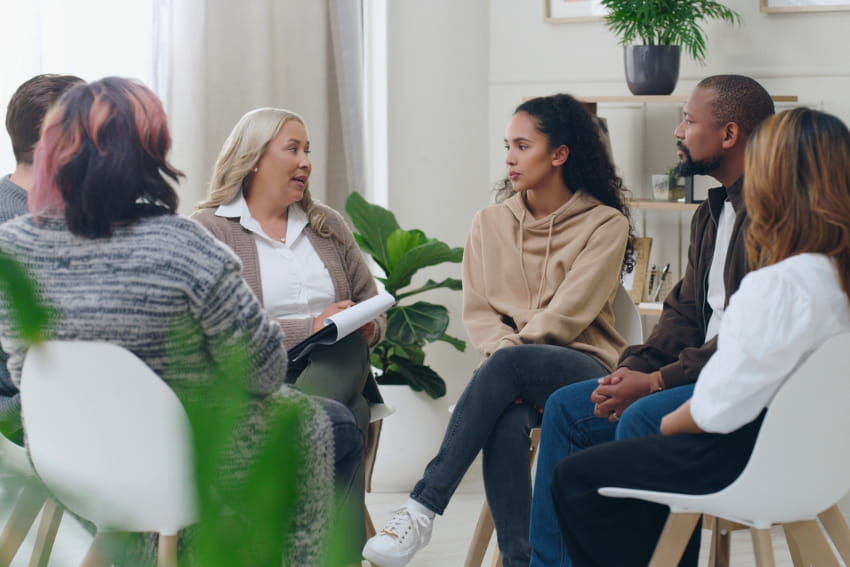Breaking the cycle: Mirmont Treatment Center's Relapse Prevention Program
From cravings to underlying emotional issues, relapse can be triggered by several factors. Let’s explore the challenges people face in their recovery journey.
